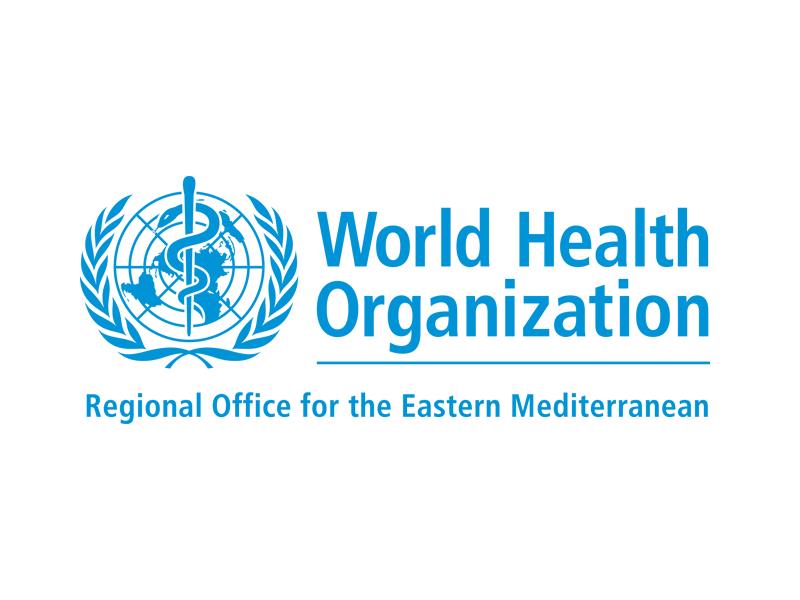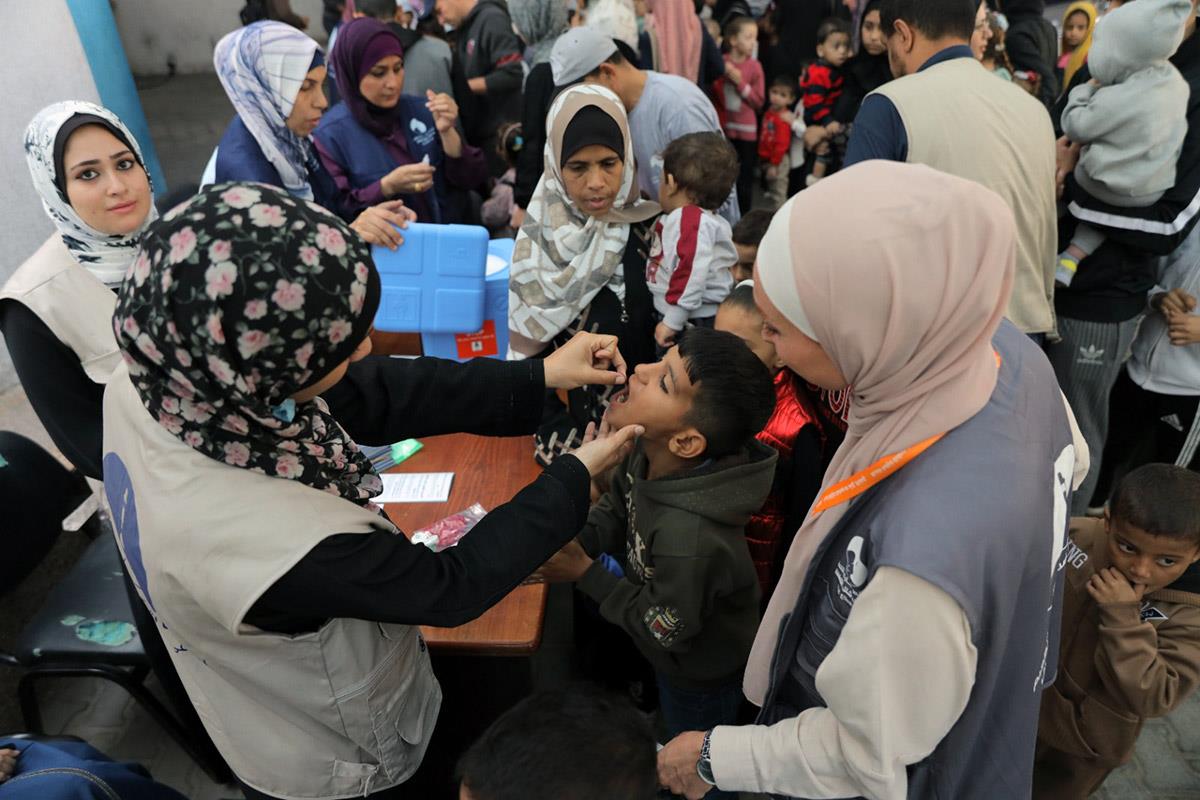
9 December 2021 – The WHO Regional Office for the Eastern Mediterranean and the United Nations System Staff College (UNSSC) today hosted the final leadership lecture as part of their joint Leadership Programme on Epidemic and Pandemic Preparedness and Response with Dr Tedros Adhanom Ghebreyesus, WHO’s Director-General. The leadership programme, which was launched in July this year, seeks to ultimately support WHO representatives in the Eastern Mediterranean Region and their national counterparts in ministries of health to effectively lead and manage in times of uncertainty and crisis.
“The COVID-19 pandemic has highlighted our strengths and vulnerabilities. In the Eastern Mediterranean Region, as in other regions, the COVID-19 pandemic has upended lives and livelihoods, exploited gaps in health systems and magnified inequalities. It is clear that we cannot defeat this pandemic in a divided world. The greatest threat we face now is not the virus itself, it is the absence of global solidarity, and global leadership,” said Dr Tedros Adhanom Ghebreyesus.
The dialogue between public health leaders and WHO’s Director-General comes at the conclusion of the 6-month long leadership programme that encompassed various substantive learning and training elements to support WHO representatives and leaders from ministries of health in their daily work.
“As the pandemic moved into the second year, we realized that public health leaders required support to remain resilient as external pressure and attention demanded the development of comprehensive and sustainable solutions addressing the effects of the pandemic, guided by the regional “Vision 2023: health for all by all,” said Dr Ahmed Al-Mandhari, Regional Director for the Eastern Mediterranean.
Dr Abdinasir Abubakar, Manager, Infectious Hazard Preparedness of the WHO Health Emergencies Programme, in the WHO Regional Office added that, “In an emergency situation, the required soft skills can sometimes be overlooked. Adaptive leadership, building trust, effective communication, as well as the ability to partner across sectors is key to identifying viable solutions that consider possible unintended consequences. This is why we partnered with the UNSSC to help us address these challenges and provide a needed space for reflection in the eye of the storm.”
To understand and further address the critical learning needs of these public health leaders, participants underwent an assessment and WHO and UNSSC carefully reviewed training components to best tailor the programme in the context of uncertainty and crisis, namely the COVID-19 pandemic.
“Leadership development in times of uncertainty requires non-linear approaches to problem-solving, including systems thinking and multisectoral responses. In fact, the pandemic has shown that the overarching concepts and approaches of the 2030 Agenda for Sustainable Development are as relevant as ever: sustainable solutions in the field of health require a focus on the interconnectedness between health and other sectors to address root causes and increase synergies across policy areas,” said Dr Simona Costanzo Sow, Learning Portfolio Manager, who heads the programme at UNSSC.
Dr Jafar Javan, UNSSC Director, concluded the dialogue by commending WHO for its ability to implement such a timely programme. He expressed UNSSC’s readiness to continue designing opportunities for learning that help WHO and government counterparts to develop concrete solutions towards sustainable systems for health and well-being at country level.
The programme comprises 4 components. It included monthly leadership lectures from renowned public health experts who shared insights on lessons learned from the pandemic. Participants were provided a space for open discussion to address their challenges and receive feedback and practical advice on crisis response and preparedness. It also featured one-on-one mentoring opportunities that were conducted by experienced former WHO representatives, who provided valuable insights to WHO representatives at national level. Participants were also provided an opportunity for coaching by private sector experts to support soft skills, including inclusive and adaptive leadership, leading in times of crisis, emotional resilience, stress management, adapting a growth mindset and strategic communication. Finally, participants were provided with access to online learning resources, including self-paced e-modules on related topics that they could continue to reference after completion of the programme.
Implementation of this leadership programme has reaffirmed WHO’s commitment to learning, and although Phase 1 has now concluded, WHO and UNSSC expect to further develop the programme in 2022.










